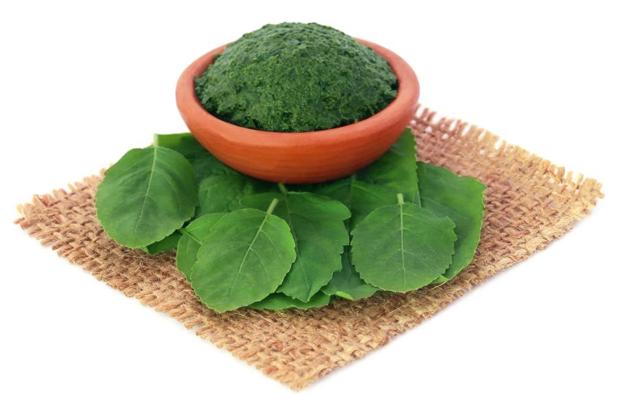The flowers are blooming, the grass is lush and green. The allergy season is here and some of us will start sniffling and coughing. “Spring brings with it flowers, fragrances and allergen pollen,” says Shikha Sharma, founder and managing director of Nutri-Health, a wellness clinic in New Delhi. When you come in contact with allergens, be it dust, smoke, pollen, pets dander, insect sting or even a strong smell, your immune system responds hyperactively, making you cough, sneeze or wheeze.
It’s the allergy season
“The irritating dry cough is difficult to control as it is a result of airway hyper-reactivity to allergens,” says Zafar Ahmad Iqbal, consultant, pulmonology, sleep and critical care, at the Fortis Hospital in Mohali. Throat allergies can lead to muscular chest pain, throat pain, wheezing and, in some cases, breathlessness and difficulty in swallowing. The best-case scenario is to pinpoint and avoid the allergen that triggers your cough, but this may not always be possible. “If it becomes severe or lasts for more than two weeks, it might not be allergic in nature,” says Dr Iqbal. “It could be bronchial asthma and you might need a doctor.” If you keep getting a sore throat, however, you should start gargling in the mornings with warm salt water to protect yourself in this season, suggests Sharma. “Gargling pulls out fluids from inflamed tissues in the throat, loosens thick mucous, and removes allergens, bacteria and virus from the throat,” says Sharma. As the mucous thins and the bacteria clears up, your throat will feel better. So before you ravage your body with another anti-allergen pill, try these natural ways to get rid of those constant wheezes.

Shy away from all things floral
“Flowers and flowering plants are pollen-rich and, if your body is allergic, it’s best to avoid them,” says Shweta Rastogi, chief dietitian, Guru Nanak Hospital and Research Centre, Mumbai. Stay away from other allergens, like dust, smoke and pets too. “Wash hands regularly, especially after coughing, eating, using the toilet or meeting sick people,” says Sharma. Ensure commonly used areas at work and home are kept clean, and clean the things you are in contact with, like your phone or laptop. Consider using an air conditioner or humidifier to restrict the entry of these allergens into your home.
Up vitamin C
Whether you take it in the form of oranges, lemon or gooseberry, vitamin C is your shield against allergic reactions. “Vitamin C repairs and heals the respiratory system and prevents the damage done by inflammation caused due to the allergy,” says Dr Iqbal. It’s one of the most important nutrients for your immune system, says Shubi Husain, founder and managing director of Health Sanctuary, a chain of weight management clinics. “Though oranges and lemons are the best source of C, if fruits don’t suit you or inflame the tissues of your throat, take Brussels sprouts, cabbage, carrots or spinach,” she says.
Avoid pollution
Avoid exposure to smoke, dust, traffic and crowded places, says Dr Iqbal. “Pollution and smoke precipitate allergies and damage the respiratory system,” he says. Active and passive smoking or even indoor pollution from agarbattis (incense sticks), mosquito coils or room sprays, can trigger sneeze bouts in those sensitive. If you can’t avoid being in polluted places, wear a surgical mask as you walk around. If your eyes are sensitive and water and itch outdoors, protect them from exposure with wraparound sunglasses.
Sip on honey-ginger tea
A homemade mix of honey and ginger paste infused in herbal tea is the best immunity booster, says Rastogi. “Warm liquids soothe the throat and the honey and ginger give you a boost of vitamins and minerals, making sure your immunity is ready for the onslaught of allergens,” she explains.
A study published in the Cochrane Database Of Systematic Reviews in 2014 found that honey, a mixture of carbohydrates, amino acids, flavonoids, vitamins and trace elements, is as effective as cough syrups in treating cough, reducing inflammation and preventing the growth of bacteria, viruses and yeast.
For complete article, head to Livemint.com

